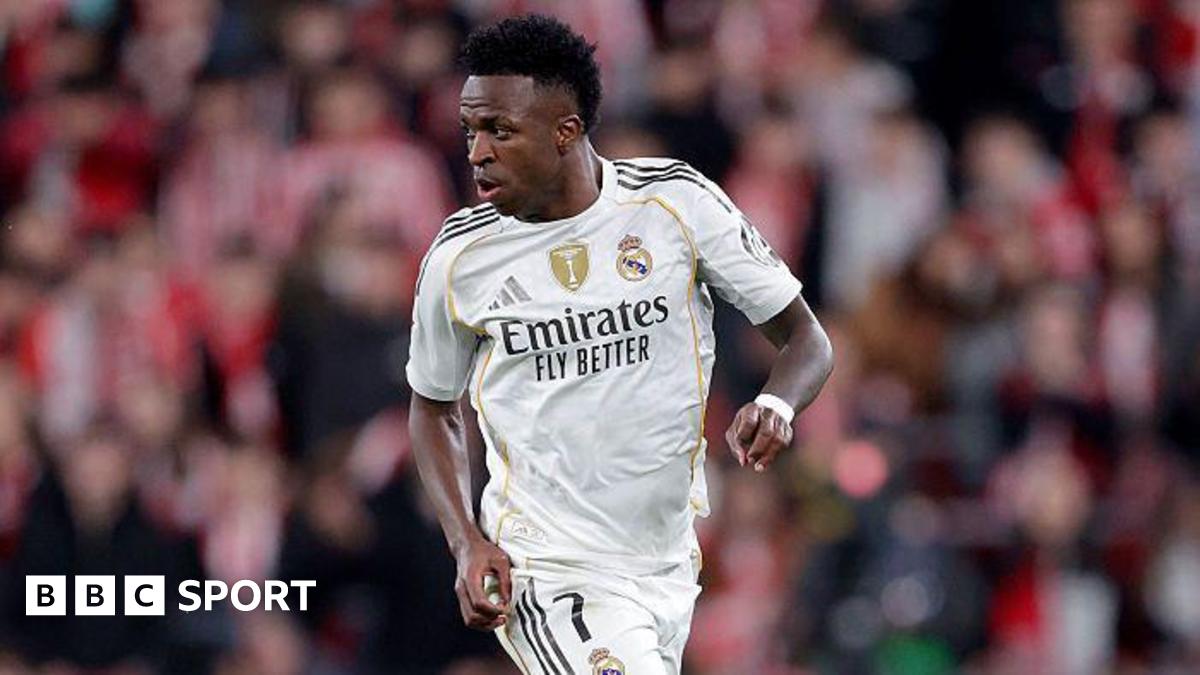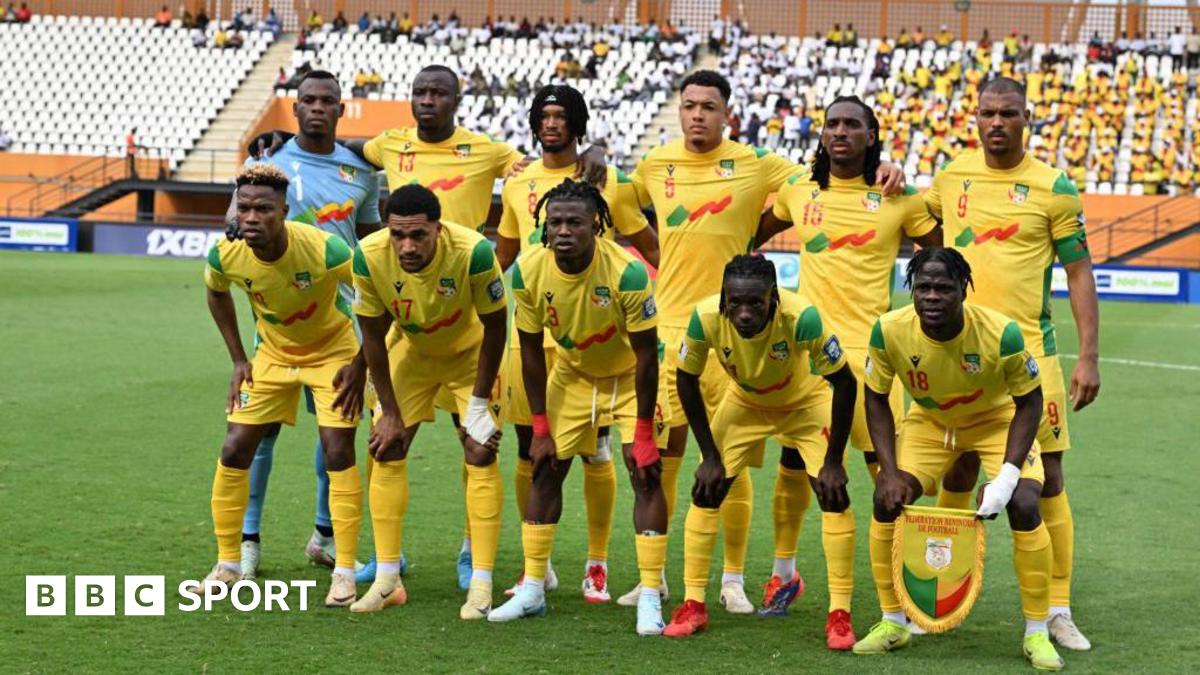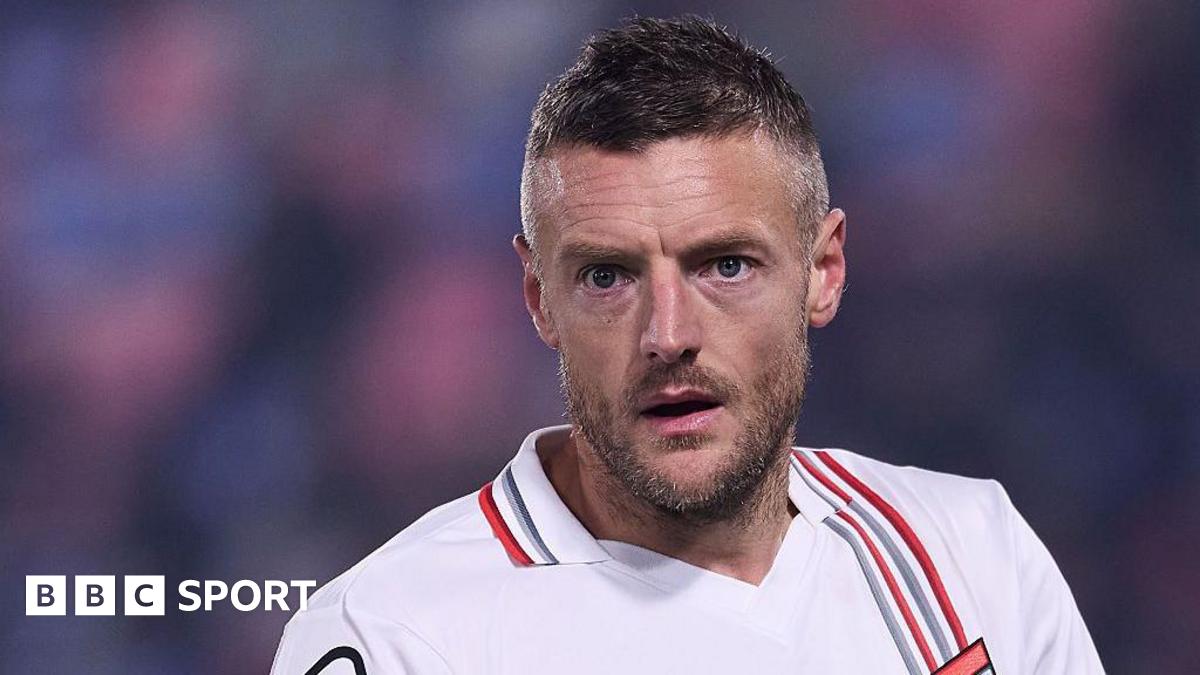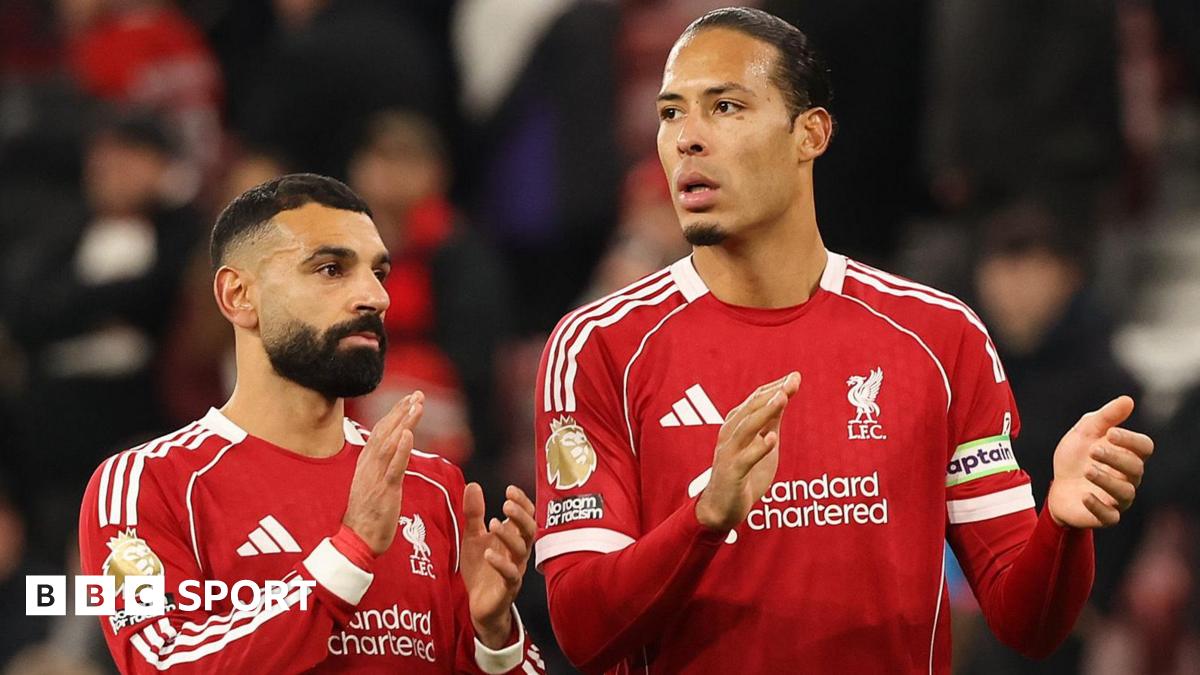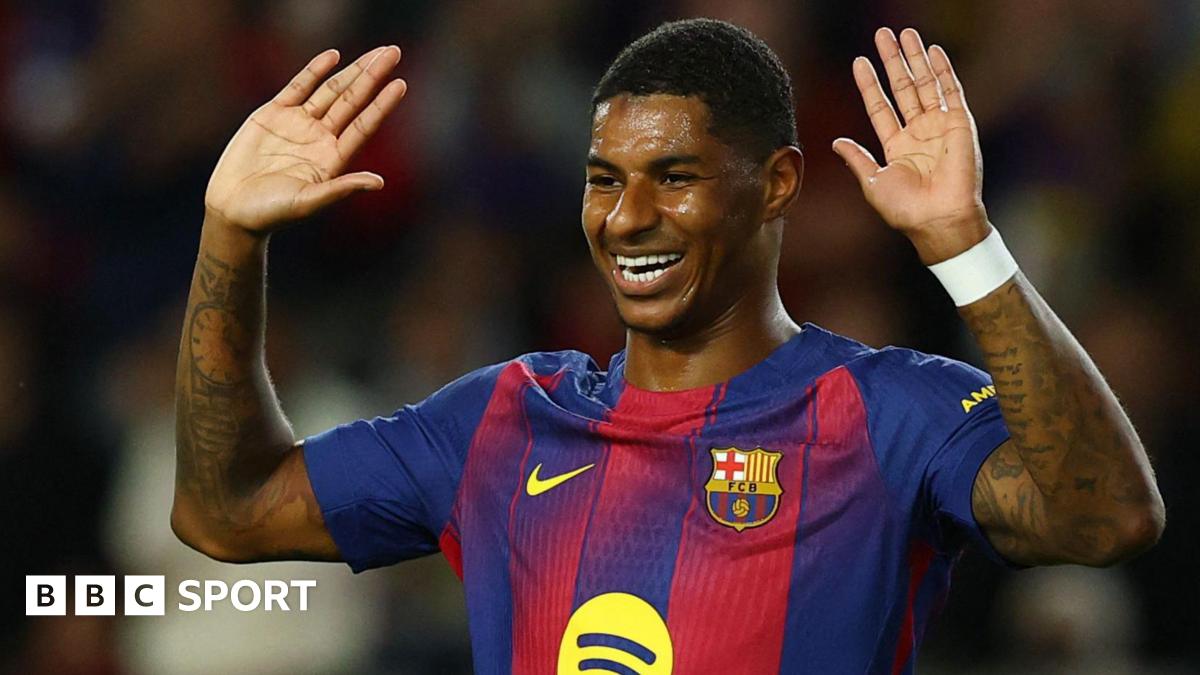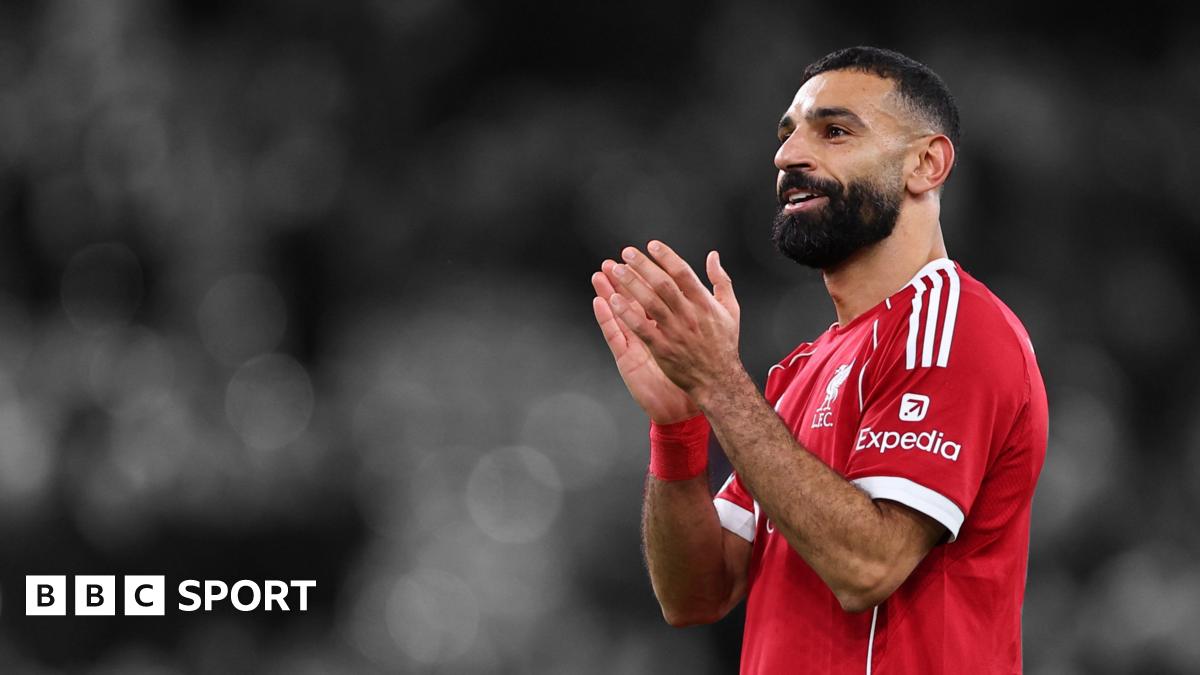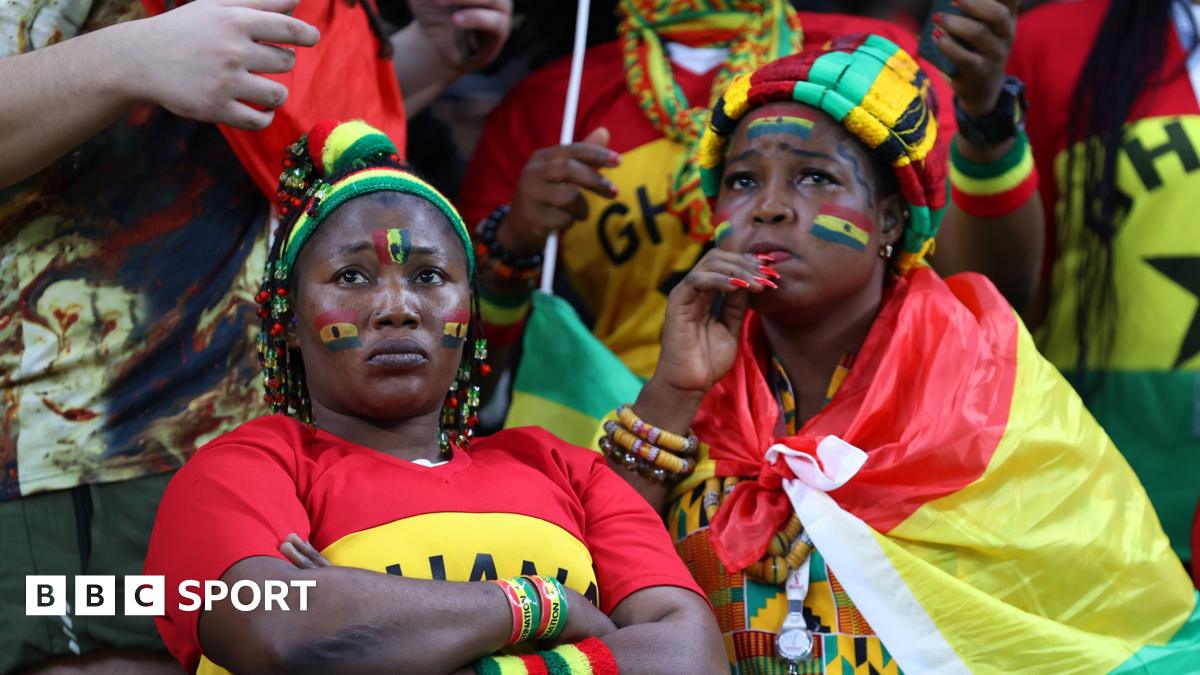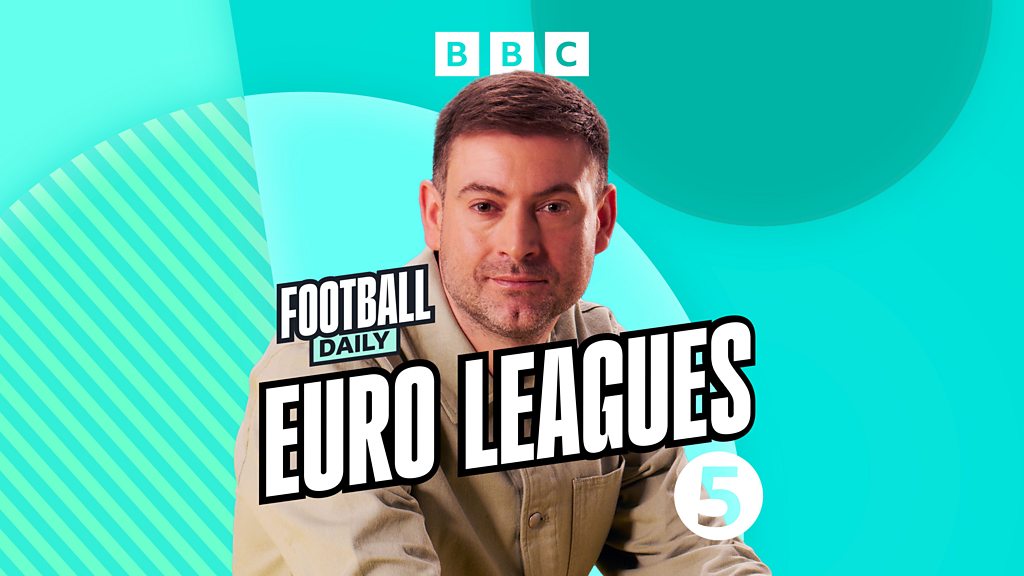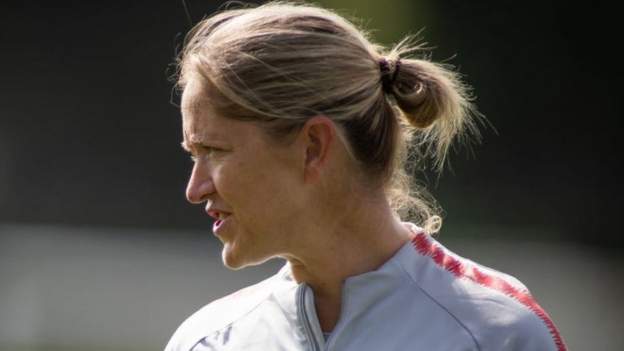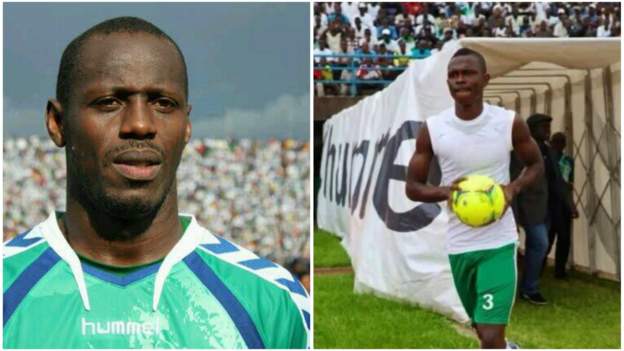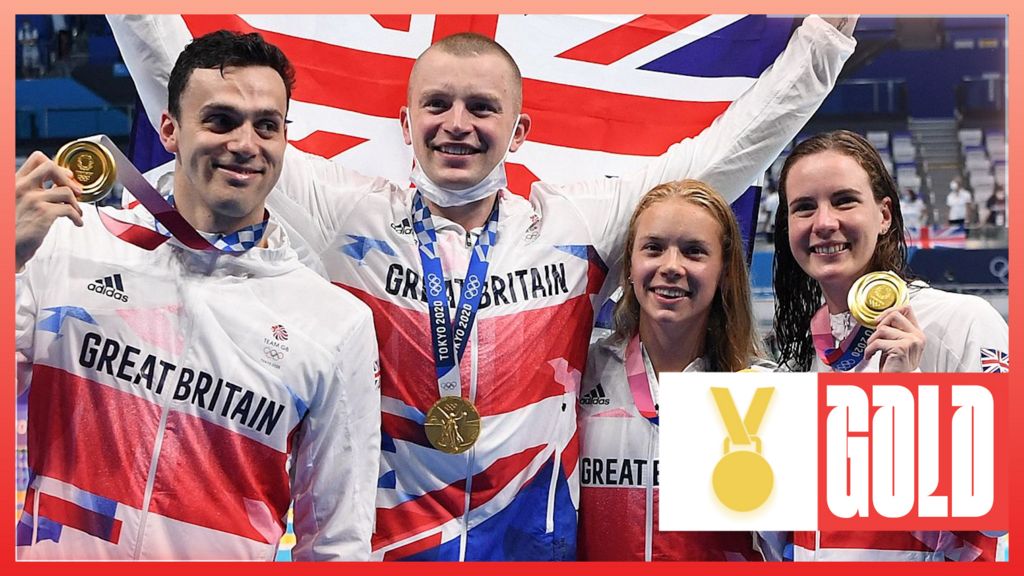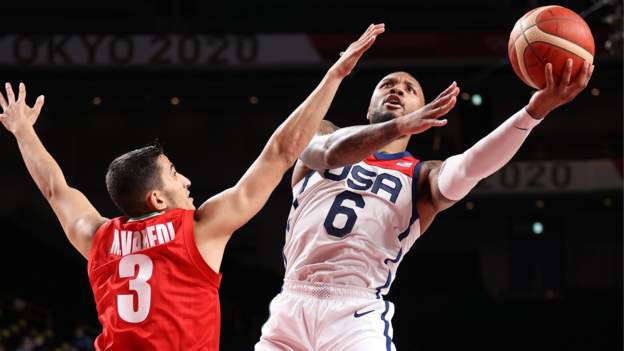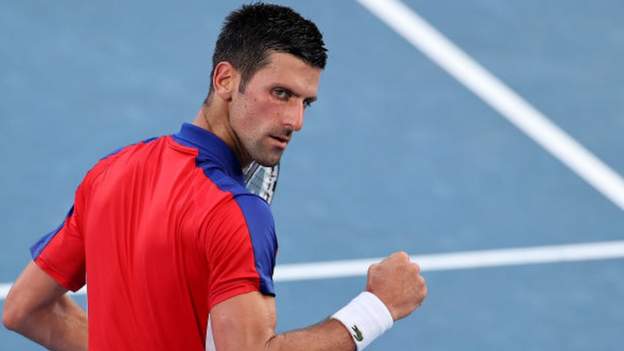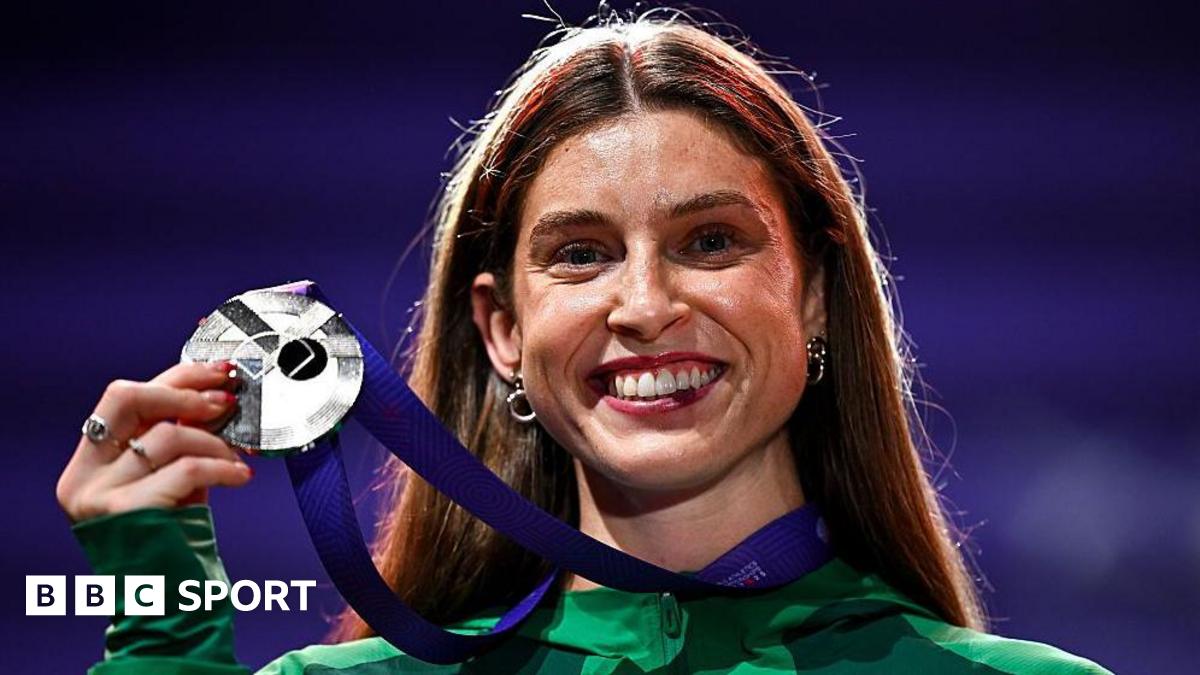Dawn Scott won it all with US Soccer but now she is back in England, challenging players to not only become the best in the world, but to stay there.
The Football Association’s sports scientist – regarded by many as the best in her field – helped the United States win two World Cups and an Olympic gold in a nine-year spell overseas.
She worked alongside huge stars like Ballon d’Or winner Megan Rapinoe, iconic striker Alex Morgan and talented Manchester City midfielder Rose Lavelle. Her departure from the USA team even led to Rapinoe shedding tears.
She is using her expertise, in collaboration with the whole multi-disciplinary support team, to help the Lionesses in their attempt to overtake the USA.
‘Leaving nothing to chance’ – how England can catch the USA
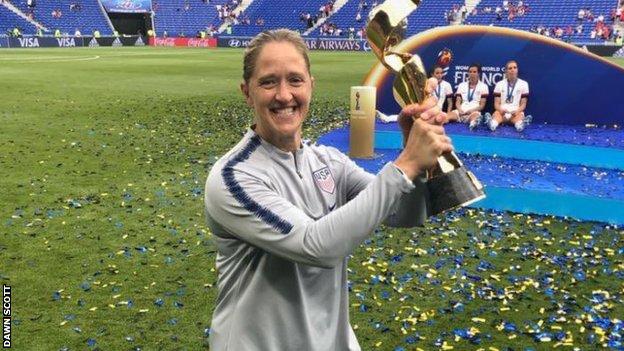
England have reached three successive semi-finals at major tournaments but have struggled to make the leap into finals, most recently being edged out at the penultimate stage by the USA in the 2019 World Cup.
“You don’t get there by sheer luck,” says South Shields-born Scott, who thinks England need to change the mentality of being “serial semi-finalists”.
“It’s also about the physical profiles – looking at where we’re at and looking at the women’s game generally. The game has got faster by 30-40% in the last three or four years.
“You need to make sure players can do that intensity work. It’s a combination of that and looking at what the individuals need.”
England players are given physical profiles three times a year as part of their contracts and have “honest conversations” about where they can improve.
In September and November’s training camps it was senior players like Lucy Bronze, Steph Houghton, Demi Stokes and Ellen White who had the best results.
“The experienced players might need to look more at the mental and tactical side to make gains that complement the physical improvements they have made,” says Scott.
It’s these “small gains” which Scott says made the difference in the US.
“It was about leaving nothing to chance. It’s that mental belief and mindset. It borders on arrogance and confidence.
“The coaches did so much work on set-plays and tactical elements that the players were like ‘oh here we go again’ but afterwards they got it.
“They knew the set-plays in and out. If a different player came in, they knew their roles and everybody else’s. It’s just preparing every single area of your performance.”
The basics, the individuals and being “the mum”
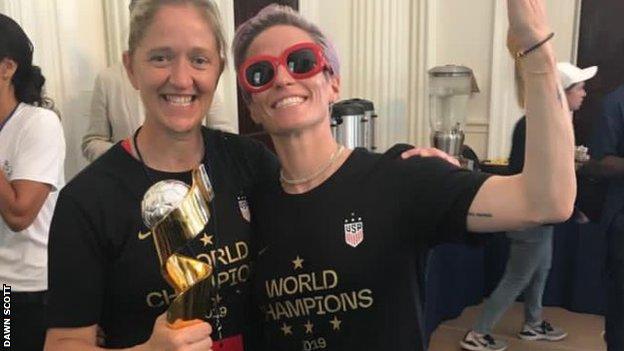
Scott says she heard two-time world champion Kelley O’Hara in an interview talking about the moment England were awarded a penalty against the USA in the 2019 World Cup semi-final and “feeling so prepared” that “she was in the mindset of ‘well, if they score, we can just go and score again’.”
But Scott says while the mental strength of the players was apparent, “it was some of the basics they weren’t doing – the recovery, the hydration, the nutrition”.
“I still think in the United States sports science is a bit behind,” she adds. “We looked at the training we were doing and made it more specific to the [players’] individual positions and what they needed. It was education the whole time.”
Scott says “players respected that management as individuals” and when she left, young stars like Lindsay Horan, Lavelle, Emily Sonnett and Mallory Pugh “were calling me mum”.
She believes she got “more out of the players” by working with them individually – something which made an impact on Rapinoe.
“When I first went in,” Scott said. “She was like the new kid in the squad but then five or six years later, she had became the leader and the head figure. How you work with her is very different to any other player.
“It was about having the relationship with the players to earn their trust and also have their backs – managing each player as an individual.”
And now it’s the turn of England’s players to take on Scott’s philosophies, against the backdrop of current head coach Phil Neville being replaced by Netherlands boss Sarina Wiegman in September next year.
“The players have embraced things off the field like nutrition, hydration and some of the female health work we have done,” says Scott, who has already seen her work being taken on board by England’s most experienced players.
“It’s a good example for the younger players in the squad to see that those experienced players are up there and leading it. I have challenged them though.
“Yes, it’s great they have improved but sometimes it’s harder to stay at the summit. It’s not necessarily about them improving more but what do they need to do to maintain it and pull the other players up.”
Dawn Scott was speaking to BBC Sport’s Jo Currie.



